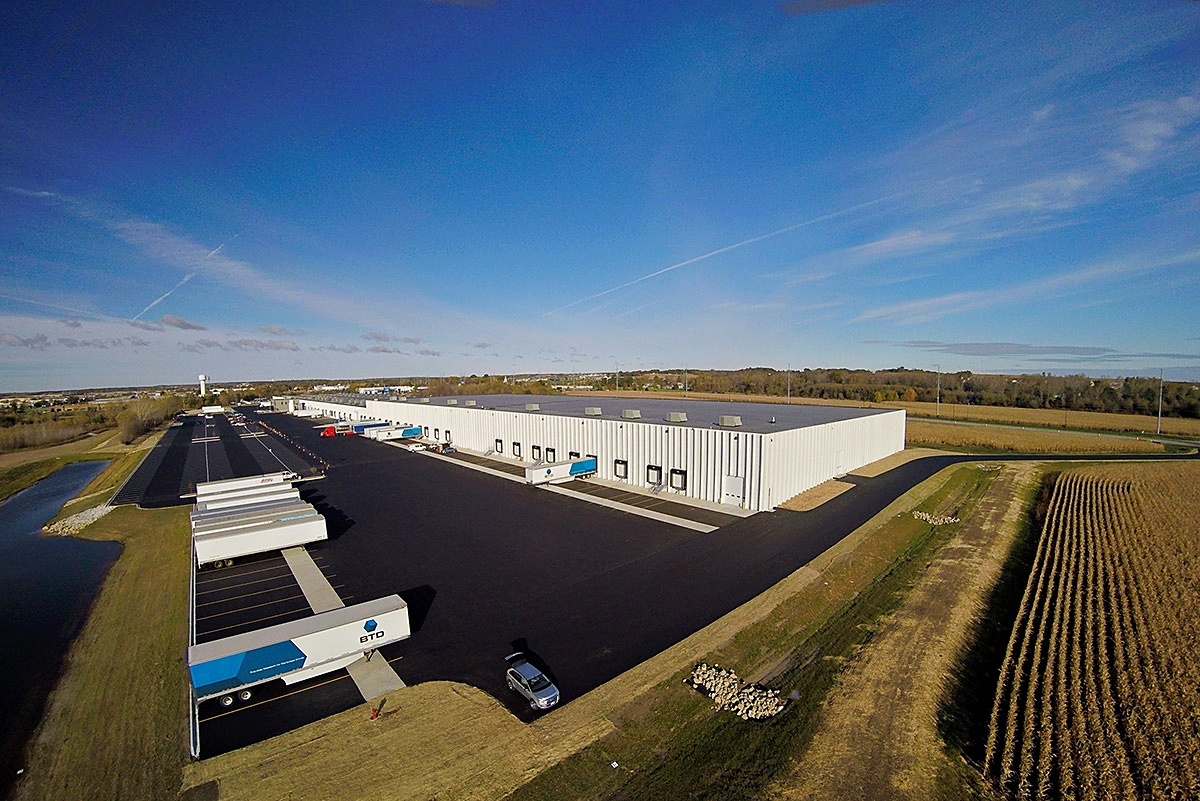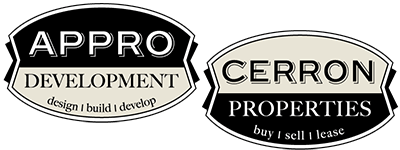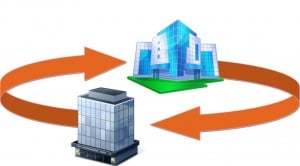Our company would like to share some information regarding a 1031 exchange, also known as like-kind exchanges. This is very relevant to an industrial business owner and may be seen as very beneficial to look into further. 1031 exchanges have been a vital aspect of the tax code since 1921. It allows investors or business property owners to sell a property, buy a new property, and defer paying capital gains tax on the sale, as long as both properties are of like kind. In the future, the taxes will have to be paid because it is a deferral, not an exclusion. There are many rules for how the exchange must be carried out, so we provided some options that may be useful for business owners of industrial buildings.
Like-kind Properties
- Refers to the nature or character of the property, rather than its grade or quality
- Any real property held for productive use in trade or business, investment, whether improved or unimproved, is considered like-kind real property.
- Personal property is excluded and not eligible for 1031 exchange tax deferral.
 Pros of 1031 exchange
Pros of 1031 exchange
- By deferring taxes, there is more money currently available for investment.
- The option to exchange and replace properties for others with less responsibility, if you own several properties that are burdened with extensive maintenance costs or requiring more intense management.
- More wealth and asset accumulation, compared to a real estate investor that chooses to sell and pay taxes each time a sale occurs.
Exchange types
1. Simultaneous exchange
- Occurs when the replacement property and relinquished property close on the same day
2. Delayed Exchange
- Occurs when the exchanger relinquishes the original property before he or she acquires replacement property.
3. Reverse exchange
- Occurs when you acquire a replacement property through an exchange accommodation titleholder before you identify the replacement property
4. Construction/improvement exchange
- Allows tax payers to make improvements on the replacement property by using the exchange equity
As you can see, there are many considerations when it comes to real estate investing, and the choice to utilize a 1031 tax deferred exchange is just one of many as you navigate the process of purchasing your next commercial property. The team at APPRO and CERRON is well versed in this and many other options available for real estate investing. Please contact our team with your questions and to let us know how we may help with your next commercial property investment.
{{cta(‘d7dfe876-5d8f-459f-88d9-69bf94f31a1c’)}}
If you would like to learn more about 1031 Tax Deferred Exchanges, please click on the link below to learn more:
{{cta(‘8d666ca0-8d28-4cb5-ac0a-8de1cfa10c2d’)}}
About the Author:
Jackson Matasosky is a guest author with the team at APPRO and CERRON. Jackson is a full-time student at the University of Kansas (KU), studying Finance and Economics in their School of Business.
Image Source: Man standing at window via Freepik.com (designed by Pressfoto); drone/aerial image via APPRO by Brandon Rowell Photography.

